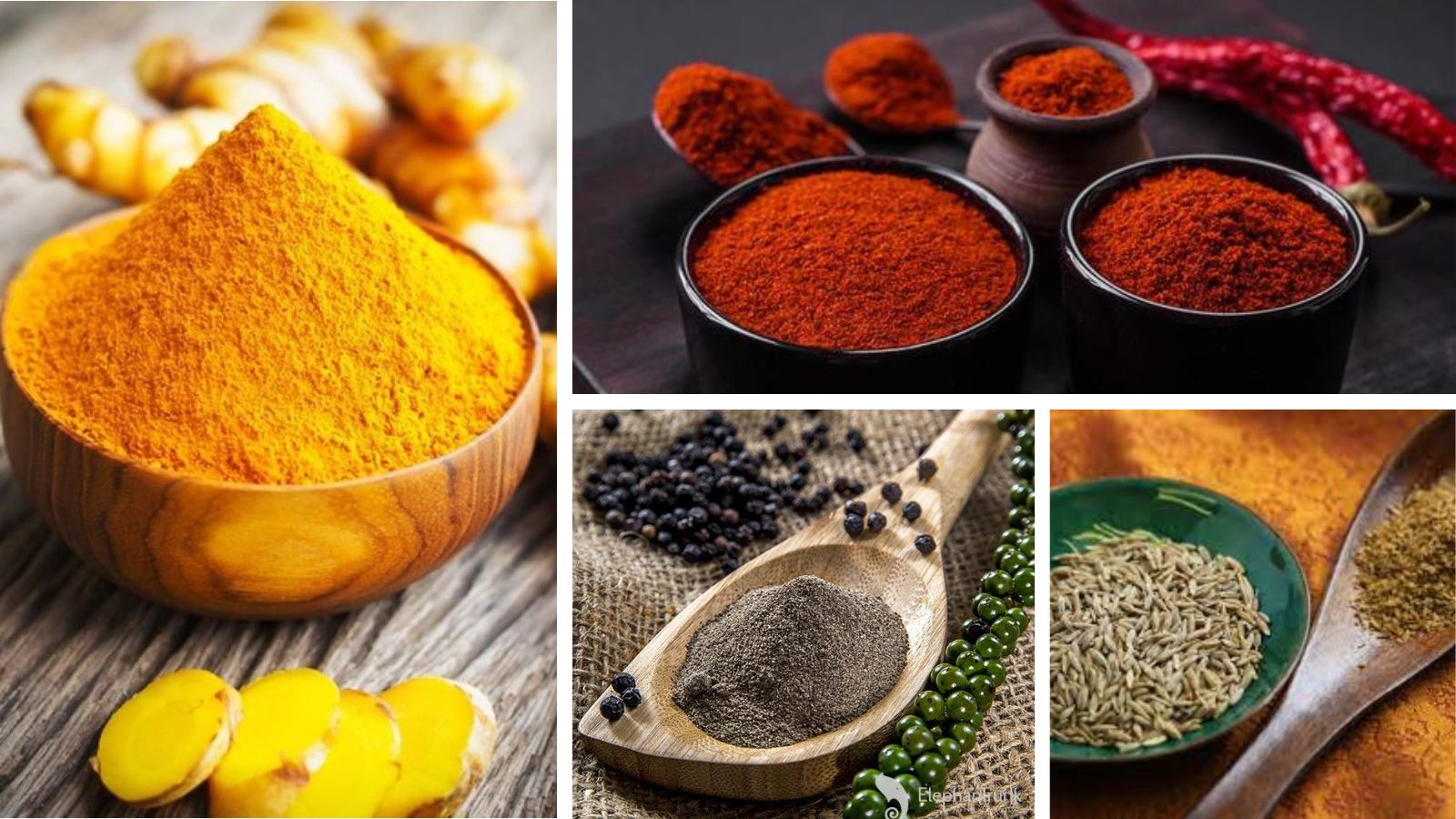[ad_1]
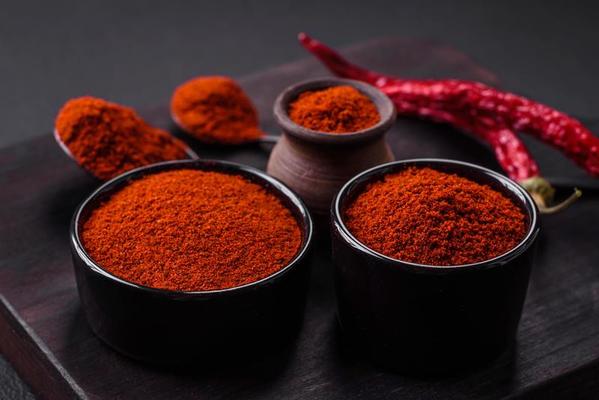
1. Chilli Powder: The Grit Test
Chilli powder is a staple in many kitchens, but it is often mixed with artificial colours or brick powder. To test its purity, take a pinch of the powder and rub it on your palm with a bit of water. If the texture feels gritty or sandy, it’s likely adulterated. Pure chilli powder should feel smooth without any coarse particles.
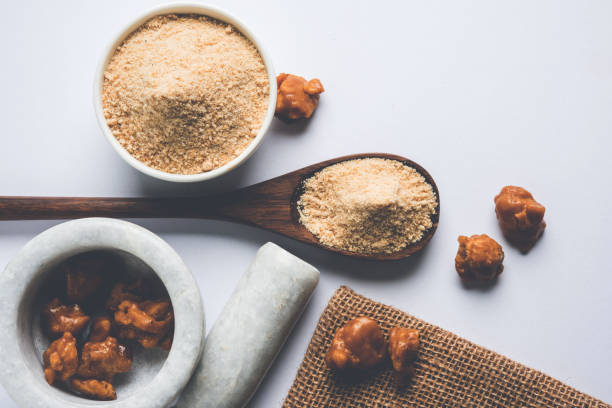
2. Hing (Asafoetida): The Flame Test
Hing is known for its potent aroma and is often used in small quantities to add flavour to dishes. However, it’s often adulterated with starch or other fillers. To test its purity, place a small amount of hing on a metal spoon and hold it over a flame. Pure hing will catch fire immediately and burn with a bright, steady flame. If it doesn’t ignite easily, it may be impure.
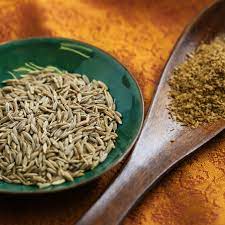
3. Cumin: The Rub Test
Cumin seeds are a common ingredient in many spice blends, but they can be adulterated with similar-looking seeds. To check for purity, take a handful of cumin seeds and rub them between your palms. If the seeds turn black or leave a dark residue on your hands, they may be adulterated. Pure cumin should maintain its natural colour and leave only a slight oily residue.

4. Turmeric: The Water Test
Turmeric is prized for its vibrant colour and health benefits, but it’s often adulterated with harmful dyes. To test its purity, mix a small amount of turmeric powder in a glass of water. Pure turmeric will dissolve slowly, settling at the bottom of the glass. If it dissolves quickly or leaves a bright yellow colour in the water, it may contain synthetic dyes.
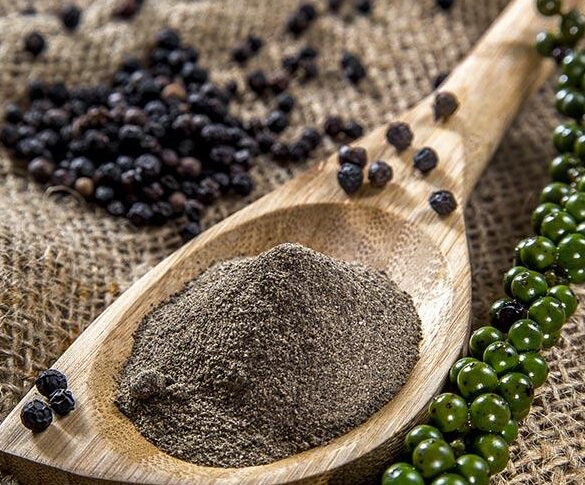
5. Black Pepper: The Float Test
Black pepper is a kitchen essential, but it can be adulterated with papaya seeds, which look similar but lack flavour and aroma. To test the purity of black pepper, place a handful of the peppercorns in a bowl of water. Good quality black pepper will sink to the bottom, while adulterated ones with papaya seeds will float to the surface.
[ad_2]
